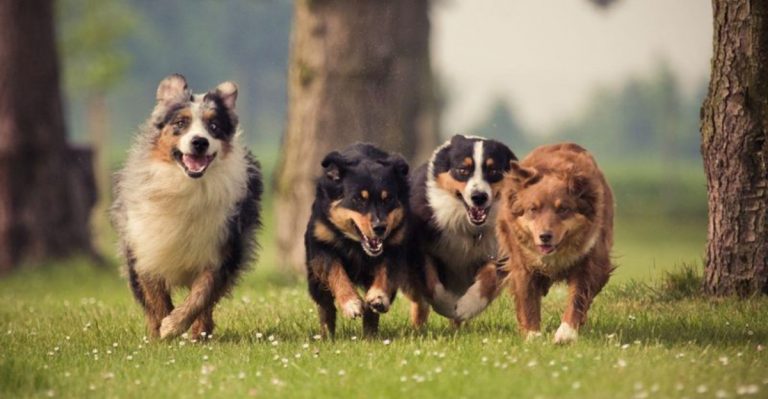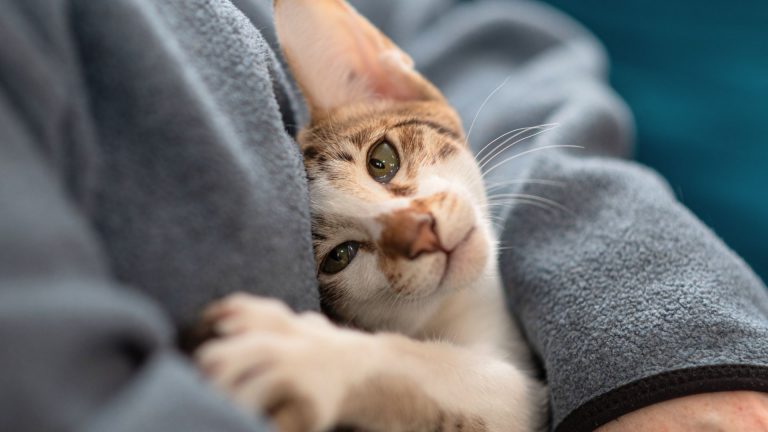Is It Legal To Own A Pet Raccoon In Texas?
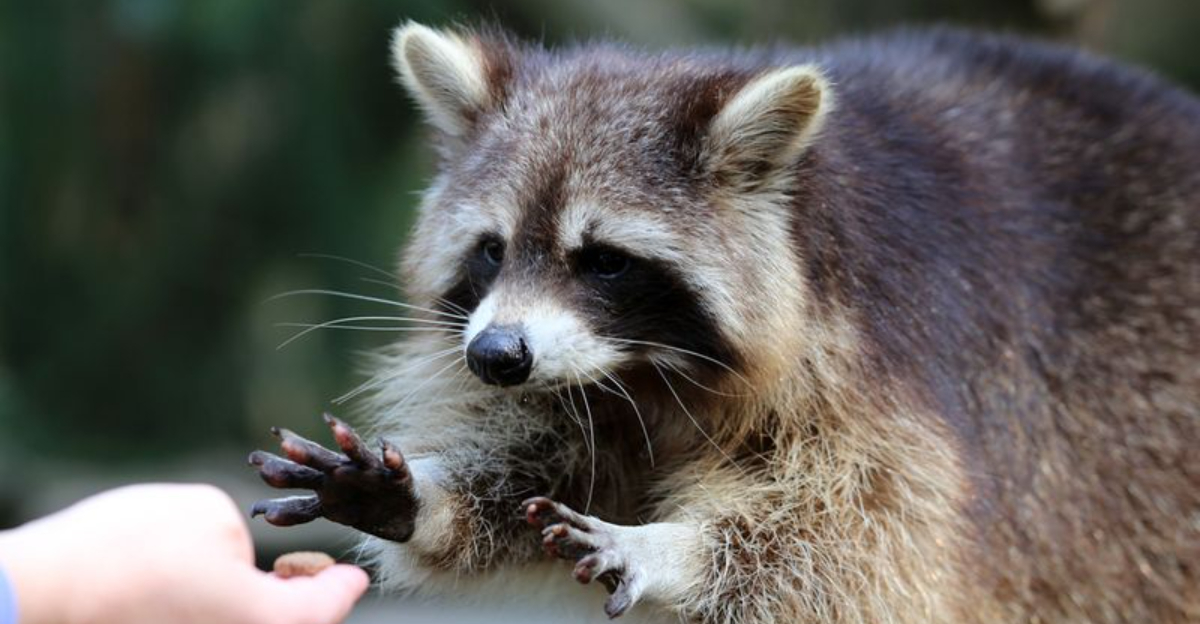
Ever wondered if those adorable masked bandits could become your household companion in the Lone Star State? Many Texans are curious about keeping raccoons as pets, but the rules aren’t as simple as for cats and dogs.
Understanding the legal status of raccoon ownership in Texas is essential before you consider bringing one of these intelligent creatures home.
Legal Status Of Raccoon Ownership In Texas
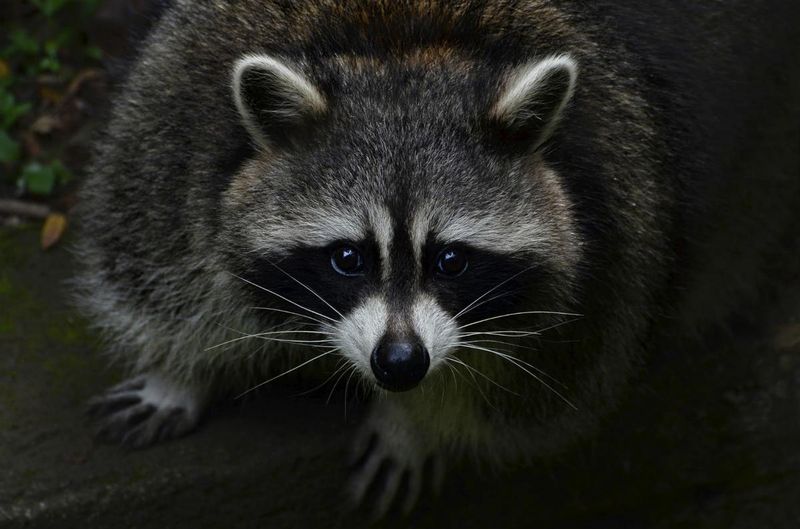
The short answer? Raccoon ownership is generally prohibited for the average Texan. State wildlife regulations classify these ring-tailed creatures as fur-bearing animals, placing them under strict protection laws.
Texas Parks and Wildlife Department (TPWD) maintains these regulations to protect both wildlife populations and public safety. Raccoons remain wild animals by legal definition, regardless of how domesticated they might appear in viral videos.
The state’s stance stems from ecological concerns and the potential health risks associated with keeping wild animals in domestic settings. Unlike domesticated pets with thousands of years of human companionship, raccoons retain their wild instincts and behaviors.
Permit Requirements And Restrictions
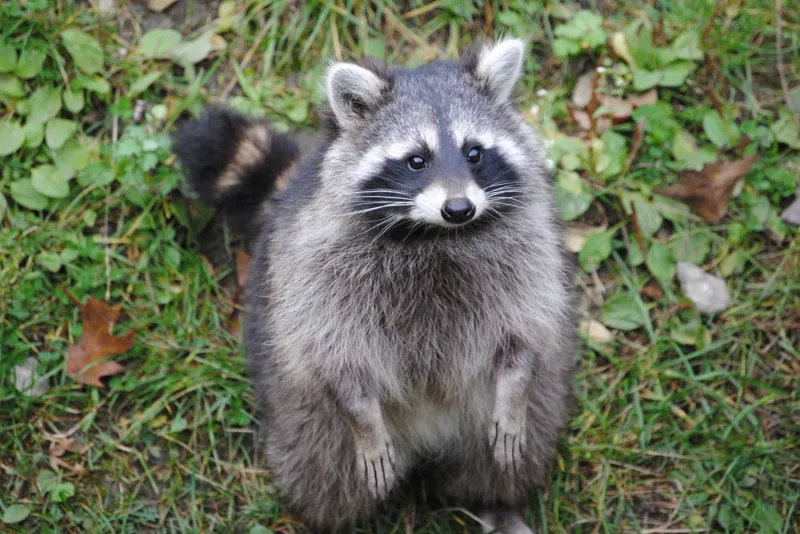
Acquiring legal permission to keep a raccoon involves navigating a complex permit system. The TPWD issues Fur-Bearing Animal Propagation Permits for specific professional purposes only – not for keeping pet raccoons.
Qualifying activities include wildlife rehabilitation, scientific research, and educational programs. Applicants must demonstrate appropriate facilities, knowledge, and legitimate purpose beyond personal pet ownership.
The application process requires detailed documentation of your facilities, experience handling wildlife, and specific educational or research objectives. Even with a permit, strict regulations govern housing, care standards, and regular inspections to ensure the animal’s welfare and public safety.
Consequences Of Illegal Ownership
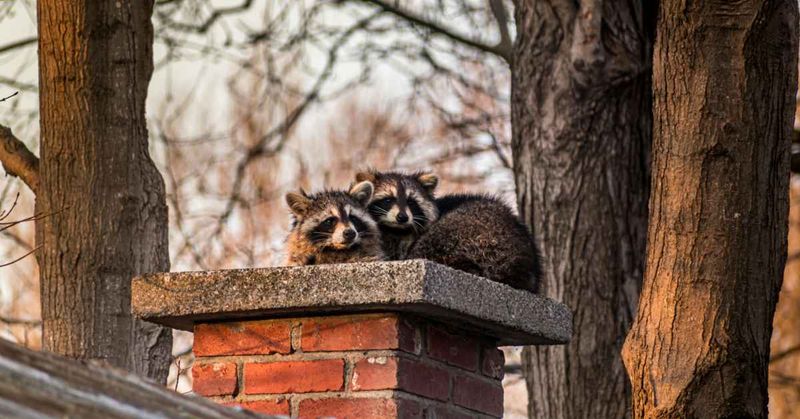
Flouting Texas wildlife laws by keeping a raccoon without proper permits carries serious repercussions. Game wardens can confiscate your raccoon companion, leaving both you and the animal in distressing circumstances.
Financial penalties start at several hundred dollars but can escalate into thousands for repeat offenders. In some cases, illegal wildlife possession can result in misdemeanor charges, potentially leading to court appearances and a permanent record.
Beyond legal troubles, the confiscated raccoon faces an uncertain future – often unable to return to the wild if it’s become habituated to humans. This reality underscores why enforcement exists: to protect both wildlife and well-meaning but misinformed citizens.
Challenges Of Keeping A Raccoon As A Pet
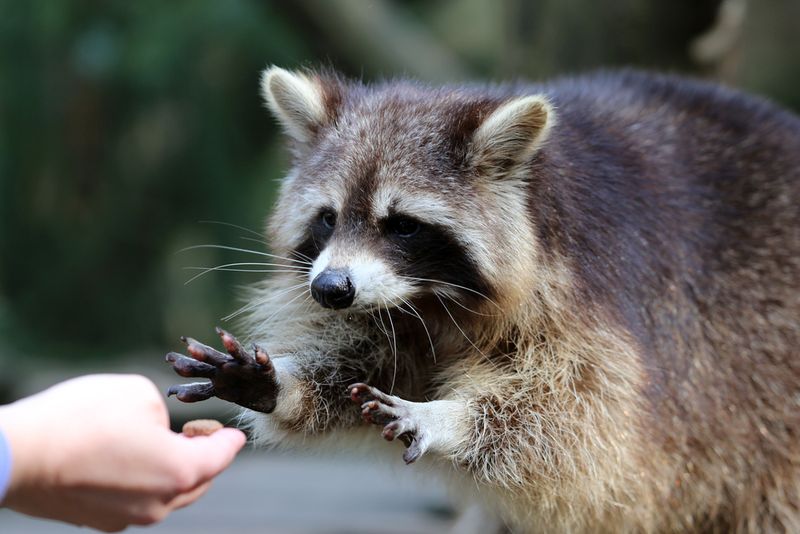
Those adorable masked faces hide some challenging realities. Raccoons possess remarkable dexterity with their nimble paws – perfect for opening cabinets, refrigerators, and practically anything not padlocked in your home.
Their natural curiosity drives them to explore every nook and cranny, often destructively. Raccoons require specialized diets and veterinary care that most practitioners aren’t equipped to provide, as they’re not trained for exotic wildlife.
Behavioral issues emerge as they reach sexual maturity around 6-12 months, often becoming aggressive and territorial. Their nocturnal nature means they’re most active when you’re trying to sleep, creating a fundamental lifestyle incompatibility that’s difficult to overcome.
Ethical Considerations And Conservation
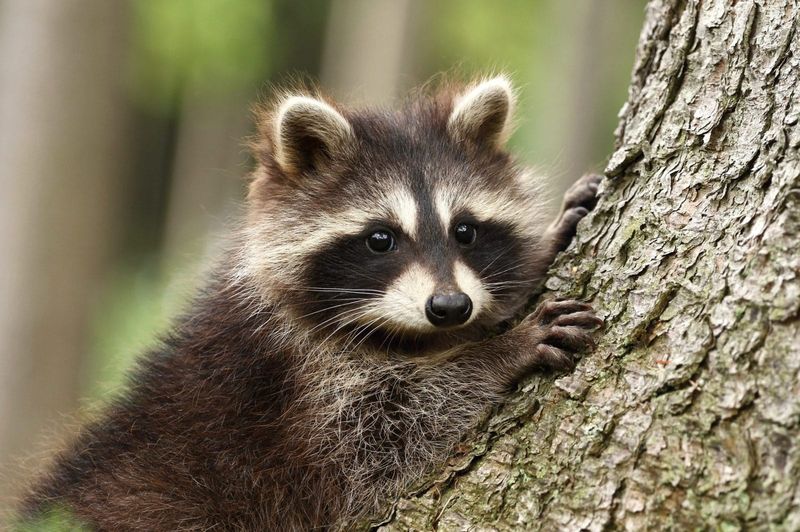
Removing raccoons from their natural ecosystem disrupts delicate environmental balances. These clever omnivores play crucial roles in seed dispersal and controlling insect populations throughout Texas landscapes.
Wild-caught raccoons suffer tremendous stress when forced into captivity. Even those born in captivity retain instinctual needs that domestic environments simply cannot satisfy – like foraging, climbing tall trees, and interacting with their own kind.
Conservation ethics question whether our desire for exotic companions justifies removing wildlife from their ecological roles. Many former raccoon owners eventually surrender their pets when the reality of caring for a wild animal becomes overwhelming, creating additional burden on already-strained wildlife rehabilitation centers.
Legal Alternatives And Responsible Wildlife Interaction
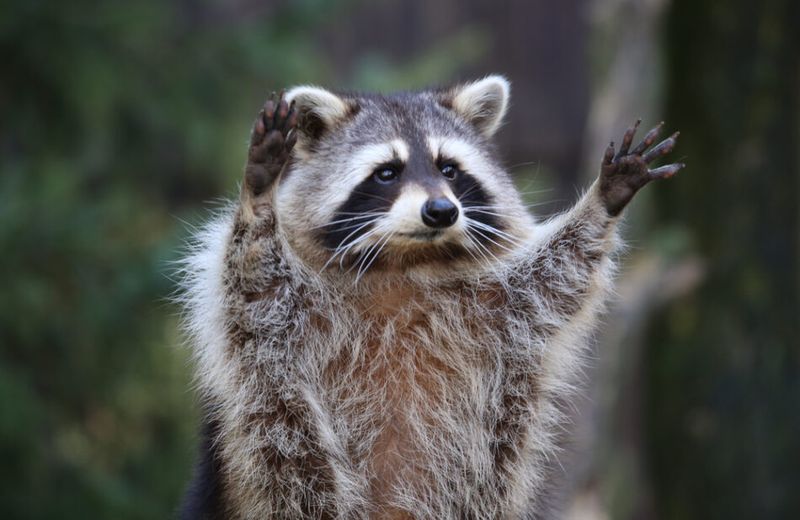
Channel your love for raccoons into volunteer opportunities with licensed wildlife rehabilitators across Texas. Many organizations welcome helping hands to assist with feeding, enrichment, and facility maintenance for recovering wildlife.
Support conservation efforts through donations or participation in citizen science projects tracking raccoon populations and behaviors. Local nature centers often offer educational programs where you can learn about and sometimes interact with ambassador raccoons under professional supervision.
The most rewarding raccoon experiences often come from responsible wildlife watching. Setting up a wildlife camera in your backyard (without feeding or habituating them) lets you observe these fascinating creatures while respecting their wild nature and the laws designed to protect them.





